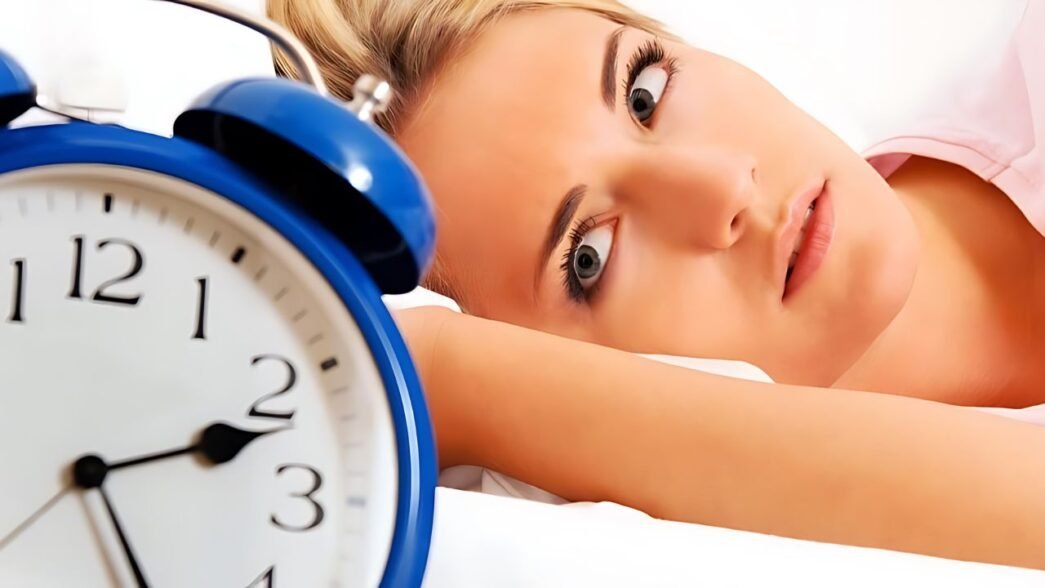Are you losing precious sleep due to unsettling nights and persistent fatigue? The veil of darkness often reveals a host of mysteries, one of them being sleep disorders. Welcome to the fascinating world where common terms like insomnia, sleep apnea, and restless legs syndrome raise concerns. In a quest for rejuvenation, understanding the intricacies of sleep disorders unveils a realm where questions seek answers and solutions beckon relief. Let’s embark on a journey to demystify the enigmatic realm of sleep disorders and pave the way towards peaceful rest and vitality.
Unlock the secrets of a good night’s sleep. Dive into the depths of sleep disorders such as hypersomnia, narcolepsy, and circadian rhythm disruptions. The intricate dance of sleep quality, timing, and quantity unveils a tapestry of challenges that affect both mental and physical well-being. Join us on this enlightening exploration of the types, causes, symptoms, and treatments of sleep disorders, shedding light on the shadows that disrupt your blissful slumber.
Sleepwalk through the corridors of sleep disorders — from bedwetting to night terrors, each step uncovers a unique aspect of the sleep puzzle. Let’s navigate the landscape where lack of sleep, snoring, circadian rhythm disturbances, and movement disorders coexist, shaping the narrative of our sleeping patterns. Unveil the cloak of mystery and embark on a journey towards understanding, treating, and preventing the disruptions that linger in the depths of your sleep realm.
01. What Are Sleep Disorders?
People often underestimate the profound impact of sleep disorders on their overall well-being. Let’s delve into the essence of sleep disorders and why they matter in your quest for restful and rejuvenating sleep.
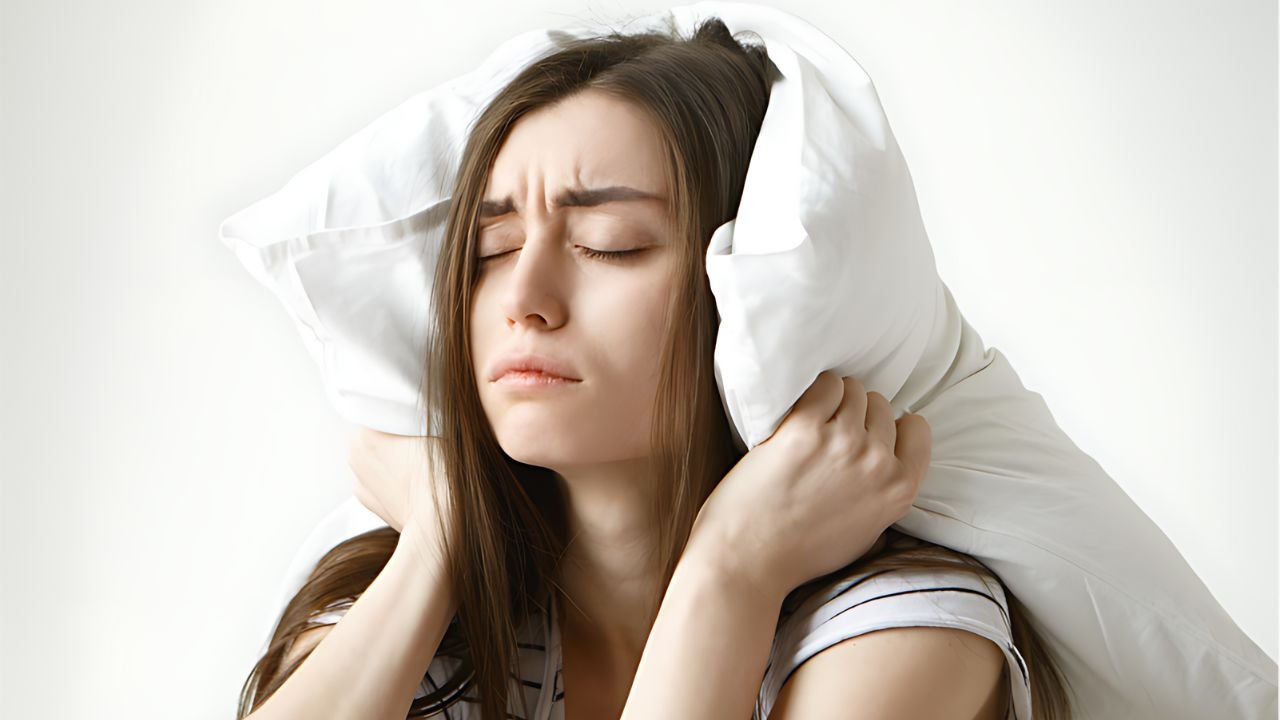
A. Defining Sleep Disorders
Sleep disorders encompass a broad spectrum of conditions that disrupt normal sleep patterns and quality of sleep. These disruptions can manifest as difficulty falling asleep, staying asleep, or experiencing non-restorative sleep, leading to daytime fatigue, irritability, and cognitive impairments. From insomnia and sleep apnea to restless legs syndrome and narcolepsy, each disorder presents unique challenges that affect individuals differently.
Understanding the nuances of sleep disorders involves recognizing the intricate interplay between biological, psychological, and environmental factors. Sleep is not merely a passive state but a complex process crucial for physical and mental health. Disruptions in this delicate balance can have far-reaching consequences, affecting productivity, mood regulation, and overall quality of life.
B. Why Sleep Disorders Matter
Sleep disorders matter profoundly because they influence every aspect of our lives, from our mood and cognitive function to our physical health and longevity. The repercussions of untreated sleep disorders can be significant, contributing to chronic conditions like obesity, diabetes, cardiovascular diseases, and mental health disorders.
By addressing sleep disorders proactively, individuals can unlock the key to a healthier and more fulfilling life. Quality sleep is not a luxury but a necessity for optimal functioning and well-being. Understanding the impact of sleep disorders empowers individuals to make informed choices regarding their sleep habits, seek appropriate treatment when needed, and prioritize rest as a cornerstone of their health.
For more information on types, causes, symptoms, and treatments of sleep disorders, you can explore reputable sources such as the Cleveland Clinic’s insights on sleep disorders and the comprehensive resources provided by MedlinePlus.
02. Common Types of Sleep Disorders
Are you struggling to find the restful slumber you crave at night? Dive into the fascinating world of common sleep disorders that may be disrupting your sleep patterns. Understanding the various types of sleep disorders, such as insomnia, sleep apnea, restless legs syndrome, and narcolepsy, is crucial in identifying the root causes and exploring effective treatment options.
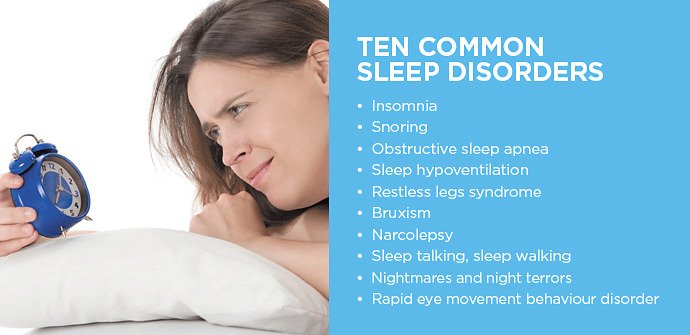
A. Insomnia
Insomnia, a prevalent sleep disorder, manifests as difficulty falling or staying asleep, leading to daytime fatigue and irritability. Causes of insomnia can range from stress and anxiety to lifestyle factors and underlying health conditions. Symptoms often include restless nights, waking up frequently, and feeling tired during the day. Treatment options for insomnia may involve cognitive-behavioral therapy, medication, and lifestyle modifications to improve sleep hygiene.
B. Sleep Apnea
Sleep apnea encompasses different types, including obstructive sleep apnea, central sleep apnea, and complex sleep apnea syndrome. This disorder involves pauses in breathing during sleep, often accompanied by loud snoring and daytime sleepiness. Treatment for sleep apnea varies from continuous positive airway pressure (CPAP) therapy to oral appliances and surgical intervention, depending on the severity and type of apnea.
C. Restless Legs Syndrome (RLS)
Restless Legs Syndrome (RLS) presents with uncomfortable sensations in the legs, compelling the individual to move them for relief while at rest. The exact cause of RLS is not fully understood, but factors like genetics, iron deficiency, and certain medications may contribute to its onset. Management strategies for RLS include lifestyle changes, iron supplementation, medication, and massage therapy to alleviate symptoms and improve sleep quality.
D. Narcolepsy
Narcolepsy is a neurological disorder characterized by excessive daytime sleepiness, sudden loss of muscle tone (cataplexy), and vivid dream-like experiences during sleep onset (hypnagogic hallucinations). Individuals with narcolepsy may experience sudden sleep attacks, triggered by emotions or relaxed environments. Treatment approaches for narcolepsy involve medication to regulate sleep-wake cycles, lifestyle adjustments, and behavioral therapies to manage symptoms effectively.
Unravel the mysteries of these common sleep disorders to gain insight into the challenges they pose and the solutions available to enhance your sleep quality and overall well-being. For in-depth information on sleep disorders, including causes, symptoms, and treatments, explore resources provided by reputable sources like the Cleveland Clinic and Sleep Foundation.
03. Other Notable Sleep Disorders
Are you ready to explore the intriguing world of sleep disorders beyond the familiar terrain of insomnia and sleep apnea? Let’s illuminate the shadows cast by other notable sleep disturbances that might be disrupting your nights and impacting your overall well-being.

A. Parasomnias
Parasomnias, a diverse group of sleep disorders, can manifest as unusual behaviors or experiences during sleep. These disturbances blur the boundaries between wakefulness and sleep, leading to peculiar nighttime events. Common parasomnias include:
- Sleepwalking: A condition where individuals walk or perform activities while still asleep, often with no memory of the event upon waking.
- Night Terrors: Episodes of intense fear or terror during sleep, accompanied by physical manifestations like screaming or rapid heart rate.
- Bedwetting: Also known as nocturnal enuresis, this disorder involves involuntary urination during sleep, affecting both children and adults.
Parasomnias offer a unique glimpse into the complex interactions between our conscious and unconscious states, highlighting the mysteries that unfold in the realm of sleep.
B. Circadian Rhythm Disorders
Our internal body clocks, governed by circadian rhythms, play a crucial role in regulating sleep-wake cycles and optimizing physiological functions. Disruptions in these rhythms can lead to various circadian rhythm disorders, impacting our daily routines and overall well-being. Some notable conditions include:
- Shift Work Disorder: Experienced by individuals working non-traditional hours, this disorder results in difficulties sleeping during the desired rest period, leading to excessive daytime sleepiness and fatigue.
- Delayed Sleep Phase Syndrome: Characterized by a delayed sleep-wake schedule, individuals with this syndrome struggle to fall asleep at conventional bedtime hours, often leading to sleep deprivation and functional impairments.
Understanding the intricate balance of circadian rhythms sheds light on how external factors and lifestyle choices can influence our sleep patterns and overall health.
C. REM Sleep Behavior Disorder
Rapid Eye Movement (REM) sleep behavior disorder disrupts the normal muscle paralysis that typically occurs during REM sleep, leading to physically acting out dreams and potentially causing harm to oneself or sleep partners. This disorder poses unique challenges and risks, including:
- Symptoms: Acting out vivid and often intense dreams during REM sleep, which can involve shouting, flailing, or even violent movements.
- Risks: Individuals with REM sleep behavior disorder are at risk of injuries from falls or collisions during episodes of dream enactment.
- Treatment Options: Management strategies may include creating a safe sleep environment, medication, and addressing underlying medical conditions contributing to the disorder.
Navigating the realm of REM sleep behavior disorder involves understanding the complexities of dream states and motor activities during sleep, emphasizing the importance of accurate diagnosis and tailored interventions for optimal outcomes.
Delve deeper into the enigmatic landscape of sleep disorders with a focus on parasomnias, circadian rhythm disruptions, and REM sleep behavior disorder to unravel the mysteries of these unique conditions and discover effective strategies for promoting restful and rejuvenating sleep. For additional insights on sleep disorders, explore reputable sources like the Cleveland Clinic’s comprehensive guide on sleep disorders and informative resources provided by MedlinePlus.
04. Causes and Risk Factors of Sleep Disorders
Are you curious about what triggers the disruptive world of sleep disorders, leading to restless nights and daytime fatigue? Dive into the underlying causes and risk factors that shape the intricate landscape of sleep disturbances, unraveling the mysteries behind insomnia, sleep apnea, and restless legs syndrome.
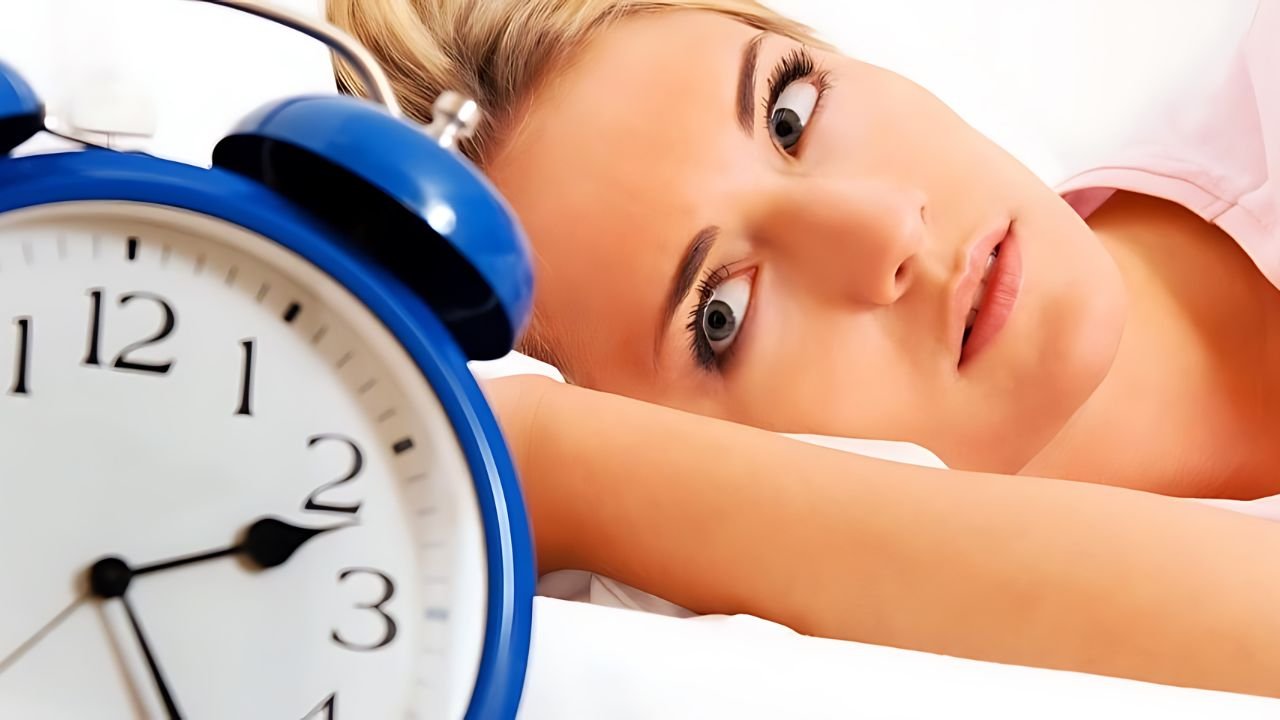
A. Genetic Factors
Genetic predisposition plays a significant role in the development of sleep disorders, influencing how individuals respond to environmental triggers and stressors that affect their sleep quality. Research suggests that certain genetic variations may increase susceptibility to conditions like narcolepsy or restless legs syndrome. Understanding the genetic underpinnings of sleep disorders sheds light on personalized treatment approaches that target the root cause of the disruptions.
Explore the interplay between genetics and sleep disorders through a comprehensive guide from the Cleveland Clinic, delving into the latest insights on hereditary factors impacting sleep health.
B. Lifestyle and Environmental Factors
The way we live and the environment we inhabit can significantly impact our sleep patterns and overall well-being. Lifestyle choices such as irregular sleep schedules, excessive caffeine consumption, and sedentary habits can disrupt the natural rhythms of sleep, contributing to conditions like insomnia and sleep apnea. Environmental factors like noise pollution, light exposure, and bedroom comfort also play a crucial role in shaping the quality of our rest.
Discover how lifestyle modifications and environmental adjustments can improve sleep quality and mitigate the risk of sleep disorders by exploring insights on the causes and diagnosis of sleep problems from Healthline.
C. Underlying Health Conditions
The intricate web of underlying health conditions intertwines with sleep disorders, amplifying the challenges faced by individuals struggling to find solace in slumber. Chronic illnesses such as heart disease, respiratory disorders, and neurological conditions can disrupt the delicate balance of sleep-wake cycles, leading to fragmented sleep and daytime exhaustion. Mental health disorders like anxiety, depression, and PTSD also contribute to the prevalence of sleep disturbances, underscoring the importance of holistic care in addressing both physical and emotional well-being.
Uncover the link between underlying health conditions and sleep disorders through a detailed exploration of the causes and treatment options for sleep disruptions provided by MedlinePlus.
Embark on a journey of unraveling the intricate tapestry of causes and risk factors that influence the realm of sleep disorders, shedding light on the interconnected elements shaping our sleep health and vitality. Explore reputable sources for in-depth insights and guidance on understanding the complexities of sleep disturbances for a well-rested and rejuvenated life.
05. Diagnosing Sleep Disorders
Embark on a journey of uncovering the mysteries shrouding sleep disorders through the lens of diagnosis, a crucial step in understanding and effectively managing these disruptive conditions. The diagnostic process encompasses a multifaceted approach that delves into medical history, physical examinations, specialized tests, and self-assessment tools, offering insights into the intricate intricacies of sleep disturbances.
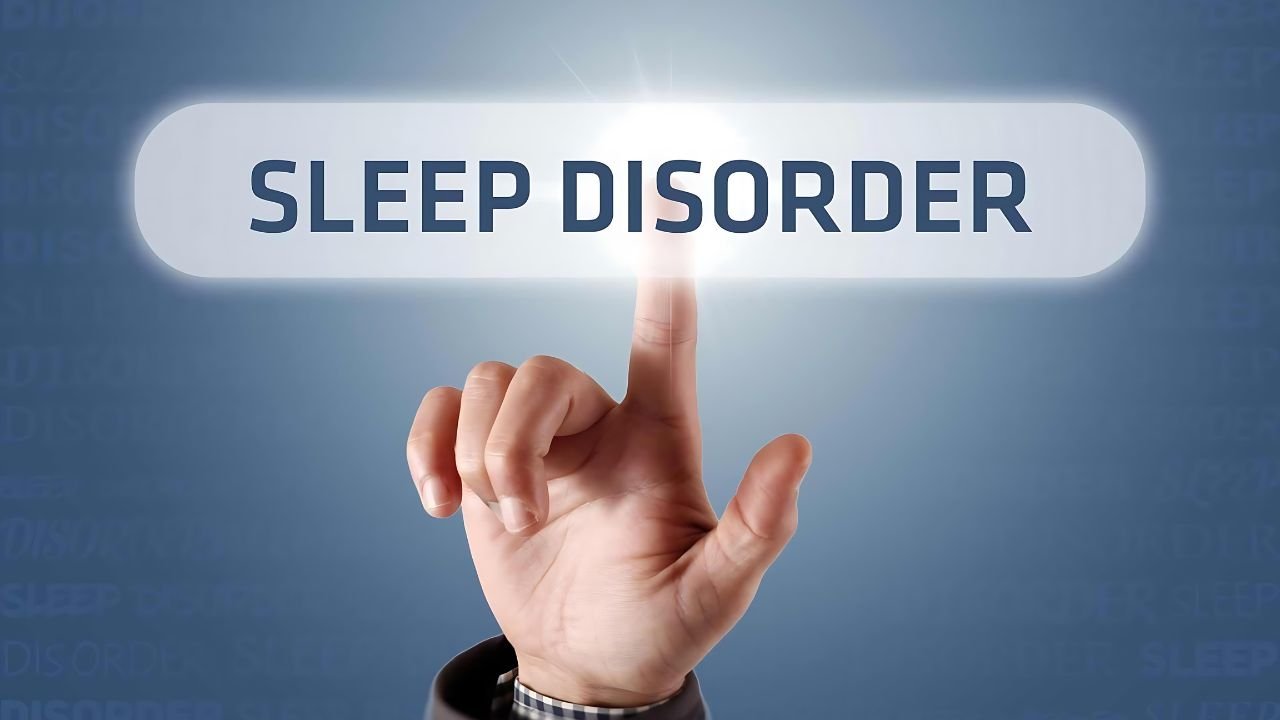
A. Medical History and Physical Exam
Unlocking the secrets of sleep disorders begins with a deep dive into your medical history and a comprehensive physical examination. Healthcare providers rely on your history of sleep patterns, underlying health conditions, medications, and lifestyle factors to glean valuable information about the potential causes of your sleep disturbances. By unraveling the threads of your past health experiences, practitioners can identify red flags, patterns, and triggers that contribute to your sleep struggles.
During the physical examination, healthcare professionals may assess various physiological markers that could link to sleep disorders. Observations of breathing patterns, blood pressure, heart rate, and neurological indicators help paint a holistic picture of your overall health and potential underlying issues affecting your sleep quality. Through this investigative process, healthcare providers aim to tailor diagnostic approaches and treatment plans that cater to your specific needs and challenges.
B. Sleep Studies and Tests
Venturing further into the realm of sleep diagnostics, specialized tests, and sleep studies play a pivotal role in unraveling the complexities of sleep disorders. Polysomnography, commonly known as a sleep study, stands as a cornerstone in diagnosing conditions like sleep apnea, narcolepsy, and movement disorders. This comprehensive test monitors various physiological parameters during sleep, including brain activity, breathing patterns, heart rhythms, and muscle movements, offering valuable data for accurate diagnosis and personalized treatment recommendations.
Beyond polysomnography, additional tests such as multiple sleep latency tests (MSLT), maintenance of wakefulness tests (MWT), and home sleep apnea tests may be employed to delve deeper into specific aspects of sleep architecture and abnormalities. These diagnostic tools serve as valuable allies in decoding the enigmatic language of sleep disorders, guiding healthcare providers toward tailored interventions that address the root causes of your sleep disturbances.
C. Self-Assessment and Sleep Diaries
Empowering individuals to actively participate in their sleep wellness journey, self-assessment tools and sleep diaries provide invaluable insights into personal sleep patterns, habits, and experiences. By maintaining a detailed record of your sleep routines, activities, and emotions before bedtime, you can track trends, triggers, and improvements in your sleep quality over time. This self-reflection fosters mindfulness and awareness of the factors influencing your sleep, paving the way for informed discussions with healthcare providers and targeted interventions.
Self-assessment questionnaires, such as the Epworth Sleepiness Scale and the Berlin Questionnaire, enable individuals to evaluate their daytime sleepiness levels, snoring patterns, and risk factors for sleep apnea, fostering proactive engagement in recognizing potential sleep disorders. By actively participating in the diagnostic process through self-awareness and self-observation, individuals contribute to a collaborative approach toward unraveling the mysteries of their sleep disturbances and unlocking the path to restful nights and revitalized days.
For detailed insights on the diagnostic methodologies and assessments for sleep disorders, reputable sources like the Cleveland Clinic’s comprehensive guide and informative resources from MedlinePlus offer valuable information to support your journey towards understanding, diagnosing, and managing sleep disorders effectively. Explore the nuances of diagnosing sleep disorders with a blend of professional expertise and personalized engagement to unravel the intricate tapestry of your sleep health and vitality.
06. Treatment Options for Sleep Disorders
Are you seeking solace in restful nights and a reprieve from the disruptive world of sleep disorders? The labyrinth of treatment options offers a beacon of hope in the quest for peaceful slumber. From cognitive-behavioral therapy to medications, lifestyle adjustments, and alternative therapies, a diverse array of approaches stands ready to guide you toward revitalizing your sleep health and reclaiming rejuvenating rest.

A. Cognitive Behavioral Therapy for Insomnia (CBT-I)
Cognitive Behavioral Therapy for Insomnia (CBT-I) emerges as a cornerstone in the realm of sleep disorder treatments, offering a holistic approach to addressing the root causes of disrupted sleep patterns. This evidence-based therapy delves into cognitive restructuring, relaxation techniques, and sleep hygiene practices to enhance sleep quality and cultivate healthier bedtime routines. By unraveling the cognitive distortions and behavioral patterns that perpetuate insomnia, CBT-I empowers individuals to forge new pathways towards restful nights and revitalized days.
Discover the transformative power of CBT-I in reshaping your relationship with sleep and nurturing sustainable habits that promote deep, restorative rest. For detailed insights and guidance on the benefits of cognitive-behavioral therapy for insomnia, explore reputable sources like the National Heart, Lung, and Blood Institute and the American Academy of Family Physicians.
B. Medications
Medications play a vital role in the pharmacological armamentarium against sleep disorders, offering relief from symptoms and restoring the delicate balance of sleep-wake cycles. From hypnotics to antidepressants and anti-anxiety agents, a spectrum of drugs targets specific conditions such as insomnia, restless legs syndrome, and narcolepsy. By modulating neurotransmitter pathways, regulating brain activity, and promoting relaxation, these medications aim to alleviate sleep disturbances and enhance overall well-being.
Explore the diverse landscape of medications used in the treatment of sleep disorders, including benzodiazepines, melatonin supplements, and muscle relaxants prescribed to address various conditions. For comprehensive information on medication options and treatment protocols for insomnia and other sleep disorders, reliable sources such as Mayo the Clinic and Healthline offer valuable insights into pharmaceutical interventions for improving sleep quality.
C. Lifestyle and Home Remedies
Embark on a transformative journey towards enhancing your sleep health through lifestyle modifications and home remedies that nurture restful slumber and promote overall well-being. Simple yet impactful changes in daily routines, sleep environments, and pre-sleep rituals can cultivate an atmosphere conducive to relaxation, tranquility, and deep sleep.
Explore the efficacy of lifestyle strategies such as maintaining a consistent sleep schedule, creating a calming bedtime routine, optimizing bedroom ambiance for rest, and engaging in relaxation techniques like meditation and deep breathing exercises. By embracing these holistic approaches, individuals can harness the power of self-care and environmental adjustments to pave the way toward rejuvenating rest and sustainable sleep habits.
D. Alternative Therapies
Venture beyond conventional treatment modalities and explore the realm of alternative therapies that offer unique paths to enhancing sleep quality and holistic well-being. From acupuncture and herbal remedies to aromatherapy and mindfulness practices, alternative modalities provide a diverse tapestry of approaches to complement traditional interventions and nurture a balanced sleep ecosystem.
Delve into the world of alternative therapies for sleep disorders, uncovering the potential benefits of ancient healing practices, natural supplements, and mind-body techniques in promoting relaxation, stress reduction, and optimal sleep patterns. For a comprehensive understanding of alternative treatment options and their impact on sleep health, reputable resources like WebMD and Cedars-Sinai offer valuable insights and guidance on integrating holistic approaches into your sleep wellness journey.
Embark on a transformative odyssey through the diverse landscape of treatment options for sleep disorders, embracing multidimensional strategies that cater to your individual needs and aspirations for rejuvenating rest. By exploring the realms of cognitive-behavioral therapy, medications, lifestyle adjustments, and alternative therapies, you pave the way towards unlocking the secrets of deep, restorative sleep and reclaiming vitality in your waking hours. For a comprehensive guide to treatment options and holistic approaches for sleep disorders, delve into reputable sources that illuminate the path to restful nights and revitalized days.
07. Preventing Sleep Disorders
Sleep disorders can disrupt the delicate balance of restful nights and vitality, leading to daytime fatigue and cognitive impairments. However, by implementing proactive measures and healthy practices, you can pave the way for preventing sleep disorders before they take hold. Let’s explore key strategies to promote optimal sleep hygiene and emotional well-being, reducing the risk of developing debilitating sleep disturbances.
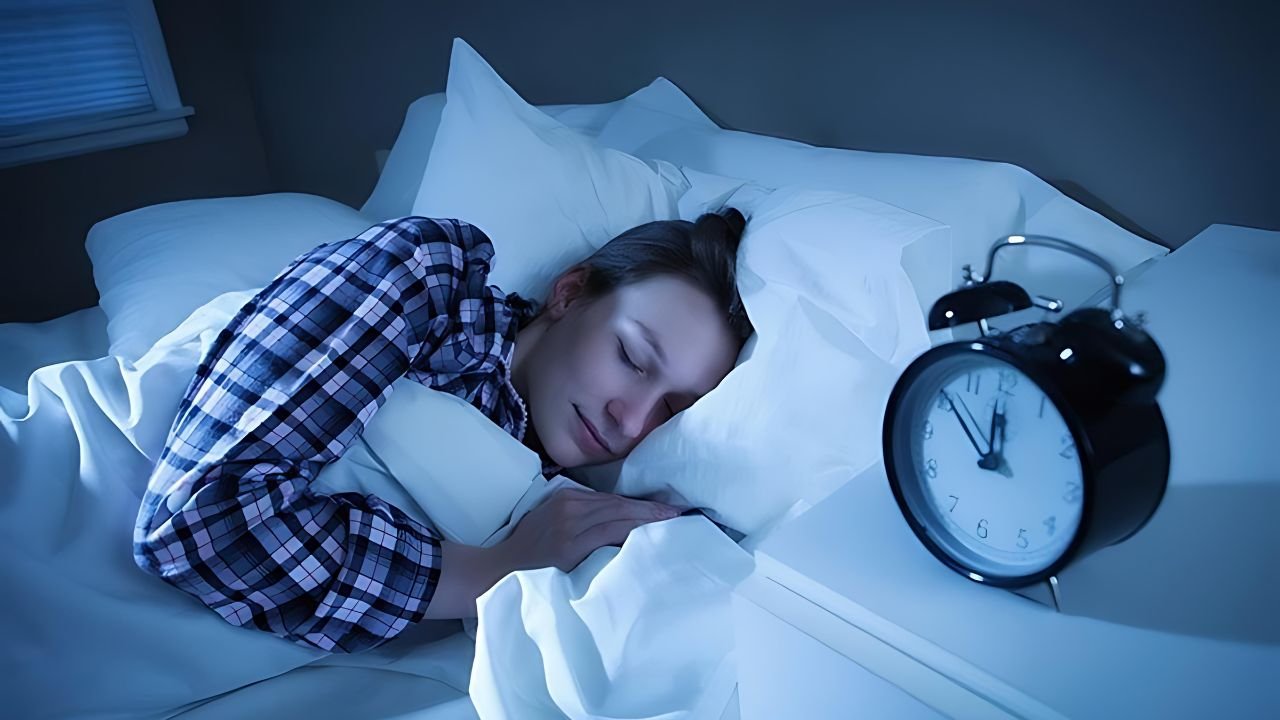
A. Healthy Sleep Hygiene Practices
Maintaining consistent and healthy sleep hygiene practices forms the foundation for promoting restorative sleep and preventing the onset of sleep disorders. Establishing a regular sleep schedule, creating a relaxing bedtime routine, and optimizing your sleep environment can work wonders in improving the quality and duration of your sleep. By incorporating these habits into your daily routine, you can cultivate a harmonious sleep-wake cycle that fosters rejuvenation and mental clarity.
Explore More:
- Learn about the importance of good sleep habits and how they contribute to preventing sleep disorders.
- Discover expert insights on sleep hygiene principles that support healthy sleep patterns and emotional well-being.
B. Managing Stress and Anxiety
Stress and anxiety are common culprits behind sleep disturbances, often triggering insomnia, restless sleep, and other disruptions in the sleep cycle. Embracing stress-reducing techniques, such as mindfulness meditation, deep breathing exercises, and progressive muscle relaxation, can help alleviate the emotional burdens that impede restful sleep. By cultivating a sense of calm and tranquility, you can create a conducive mental environment for embracing peaceful slumber and preventing the escalation of sleep disorders.
Explore More:
- Dive into strategies for stress management to promote relaxation and emotional well-being.
- Learn about the impact of stress and anxiety on sleep health and explore preventive measures to combat their effects.
C. Regular Physical Activity
Engaging in regular physical activity not only benefits your overall health but also plays a pivotal role in improving sleep quality and reducing the risk of developing sleep disorders. Exercise promotes the release of endorphins, known as “feel-good” hormones, which can enhance mood, reduce stress, and aid in relaxation. By incorporating moderate physical activity into your daily routine, you can optimize your sleep-wake cycle and establish a healthy balance between physical exertion and restful recovery.
Explore More:
- Discover the positive impact of exercise on sleep quality and the preventive potential against sleep disorders.
- Learn about the benefits of regular physical activity in promoting healthy sleep patterns and overall well-being.
Embrace the power of proactive measures in preventing sleep disorders by prioritizing healthy sleep hygiene practices, managing stress and anxiety effectively, and integrating regular physical activity into your lifestyle. By nurturing a holistic approach to sleep wellness, you can fortify your mind and body against the challenges of sleep disturbances and unlock the gateways to restful nights and revitalized days.
Read More: How to Improve Sleep Quality: Expert Tips for a Restful Night
08. Conclusion
Recognizing and addressing sleep disorders are paramount pillars in the temple of well-being. Sleep is not just a daily necessity; it’s the foundation on which our health and vitality stand. From the intricate dance of cognitive function to the harmony of emotional well-being, sleep disorders cast shadows that can disrupt the symphony of our lives.
By unraveling the mysteries of sleep disorders and embracing proactive measures, individuals can unlock the gateway to restful nights and revitalized days. The interconnected elements of genetic predisposition, lifestyle habits, and underlying health conditions weave a tapestry that shapes our sleep health. By delving into the depths of diagnosis, treatment options, and preventive strategies, we pave a path toward a well-rested existence and a vibrant tomorrow.
Embark on the journey of self-discovery and empowerment, where recognizing the signs of sleep disorders is the first step towards reclaiming the serenity of peaceful slumber. Let us navigate the realm of sleep health with curiosity and resilience, as we strive to harmonize the rhythms of rest and awaken to the fullness of life’s possibilities.

